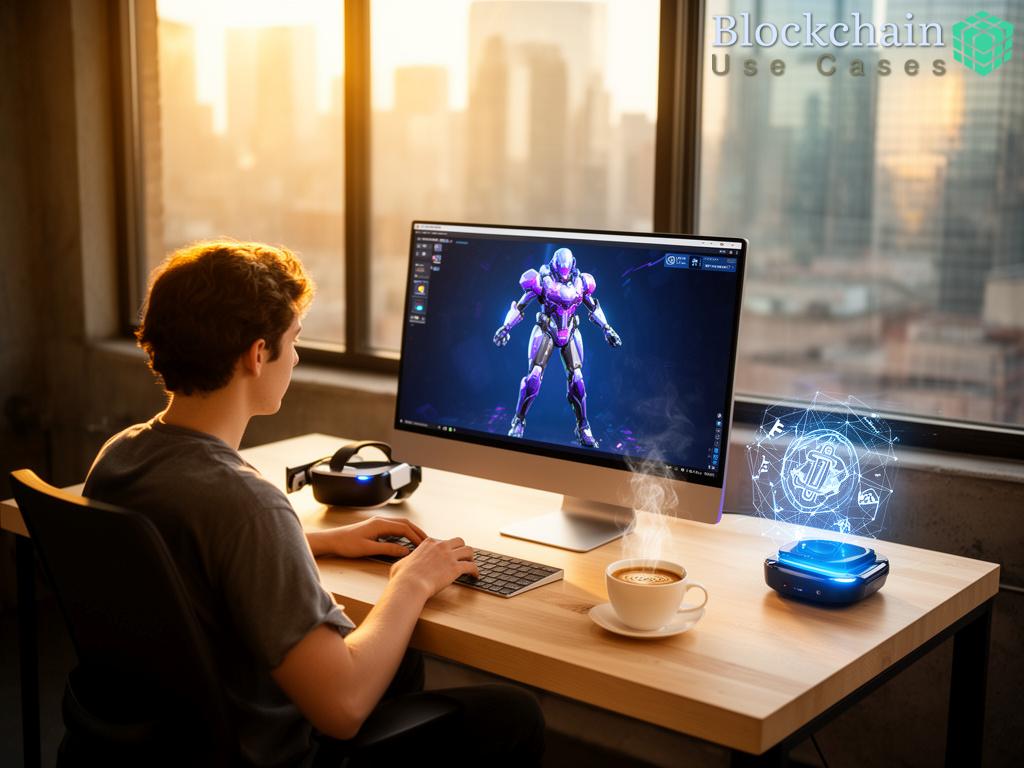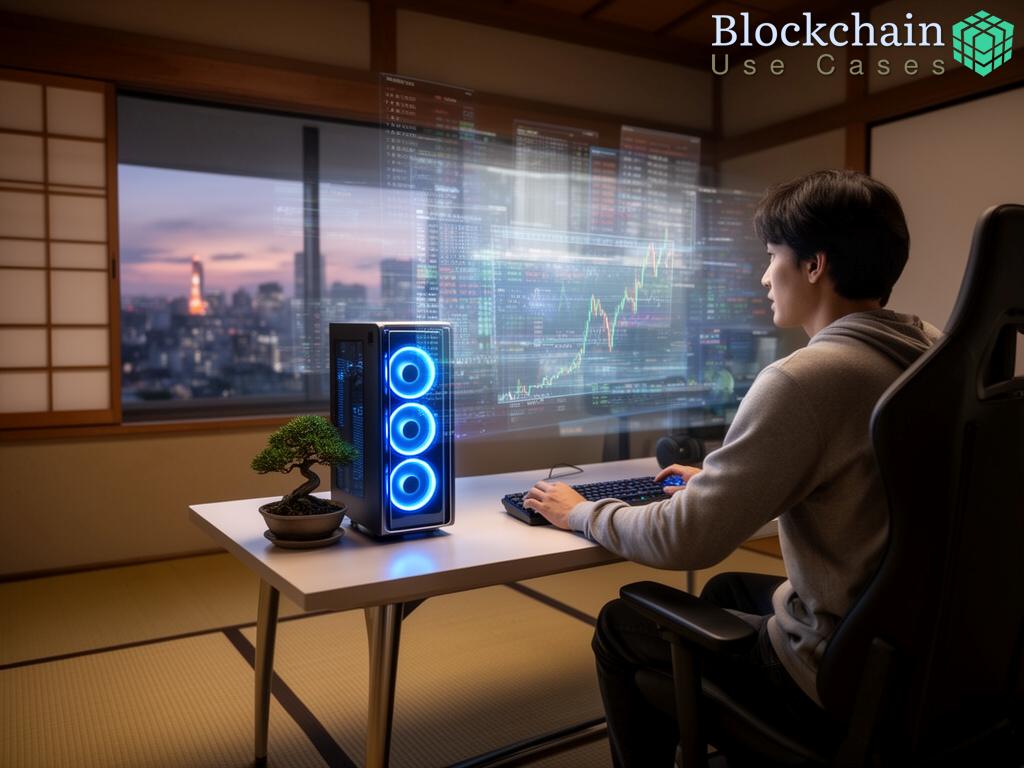Understanding Decentralization in VR

The advent of decentralized platforms is reshaping the landscape of virtual reality (VR) content ownership and trading. Unlike traditional systems that are often centralized and controlled by a single entity, decentralized platforms leverage blockchain technology to empower creators and users alike. This transformation allows for greater transparency, security, and autonomy in the ownership of digital assets, marking a significant shift in how we interact with VR content.
The Benefits of Decentralized VR Platforms

Decentralized VR platforms offer numerous advantages over their traditional counterparts. By utilizing smart contracts and blockchain, these platforms ensure that creators maintain control over their intellectual property while facilitating seamless transactions. The community-driven nature of these platforms fosters innovation and collaboration, enabling a more diverse range of content. Below is a comprehensive list of the key benefits associated with decentralized VR platforms:
- Ownership Rights: Users have verifiable ownership of their digital assets.
- Transparent Transactions: Blockchain technology ensures all transactions are recorded and tamper-proof.
- Community Engagement: Creators and users can interact directly, fostering a vibrant ecosystem.
- Royalty Management: Automatic royalty payments through smart contracts.
- Global Accessibility: Anyone can participate regardless of geographical location.
Future Directions and Challenges
While the potential for decentralized platforms in the VR space is immense, several challenges remain. Issues such as scalability, user experience, and regulatory compliance are critical factors that need addressing for widespread adoption. However, as technology evolves, these challenges may lead to innovative solutions that further enhance the decentralized VR landscape. By overcoming these hurdles, the future of VR content ownership and trading could be more democratic and accessible than ever before.





